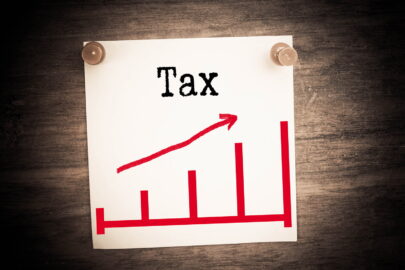The chancellor announced a further hit on insurance premiums in the Autumn Statement.
Philip Hammond said: “Insurance premium tax in this country is lower than in many other European countries, and half the rate of VAT.
“In order to raise revenue, which is required to fund spending commitments I am making today, it will rise from 10% currently, to 12% from next June.”
However, in an attempt to sweeten the pill, Hammond added: “At the same time I can confirm the government’s commitment to legislate next year to end the compensation culture surrounding whiplash claims – a major area of insurance fraud – saving drivers an average of £40 on their annual premiums.”
Edmund King, AA president, was unimpressed, He said: “It seems that the whiplash crackdown also confirmed by the chancellor, which he says will reduce the average car insurance premium by £40, is the excuse to add another 2% to insurance premium tax. This means that in 18 months, tax on insurance will have doubled – no other tax has increased by that much.
“The Prime Minister has said she wants to help those who are just about managing and this tax increase has greatest impact on those least able to afford it, who are often in greatest need of the protection that insurance provides. We have called for IPT to be excluded for new, young drivers who pay the highest car insurance premiums but this has been ignored.
“The leap from 6% to 9.5% to 10%, and now 12%, insurance premium tax is a tax on responsible car ownership – as opposed to the lawless one million without motoring cover, mainly young male drivers, who leave the insurance industry to pick up the pieces through the Motor Insurers’ Bureau levy. Uninsured driving typically adds £30 to the average car insurance policy and by encouraging more young drivers to attempt to take to the road without cover will simply add to the insurance burden for everyone.
“We have seen a 100% hike in this tax on motor insurance. This is not a luxury but a legal requirement for drivers. It’s also a tax on homeowners who take the responsibility for protecting their property.
“This is a backward step which could backfire with more uninsured drivers and higher costs that will ultimately be funded by higher premiums.”
